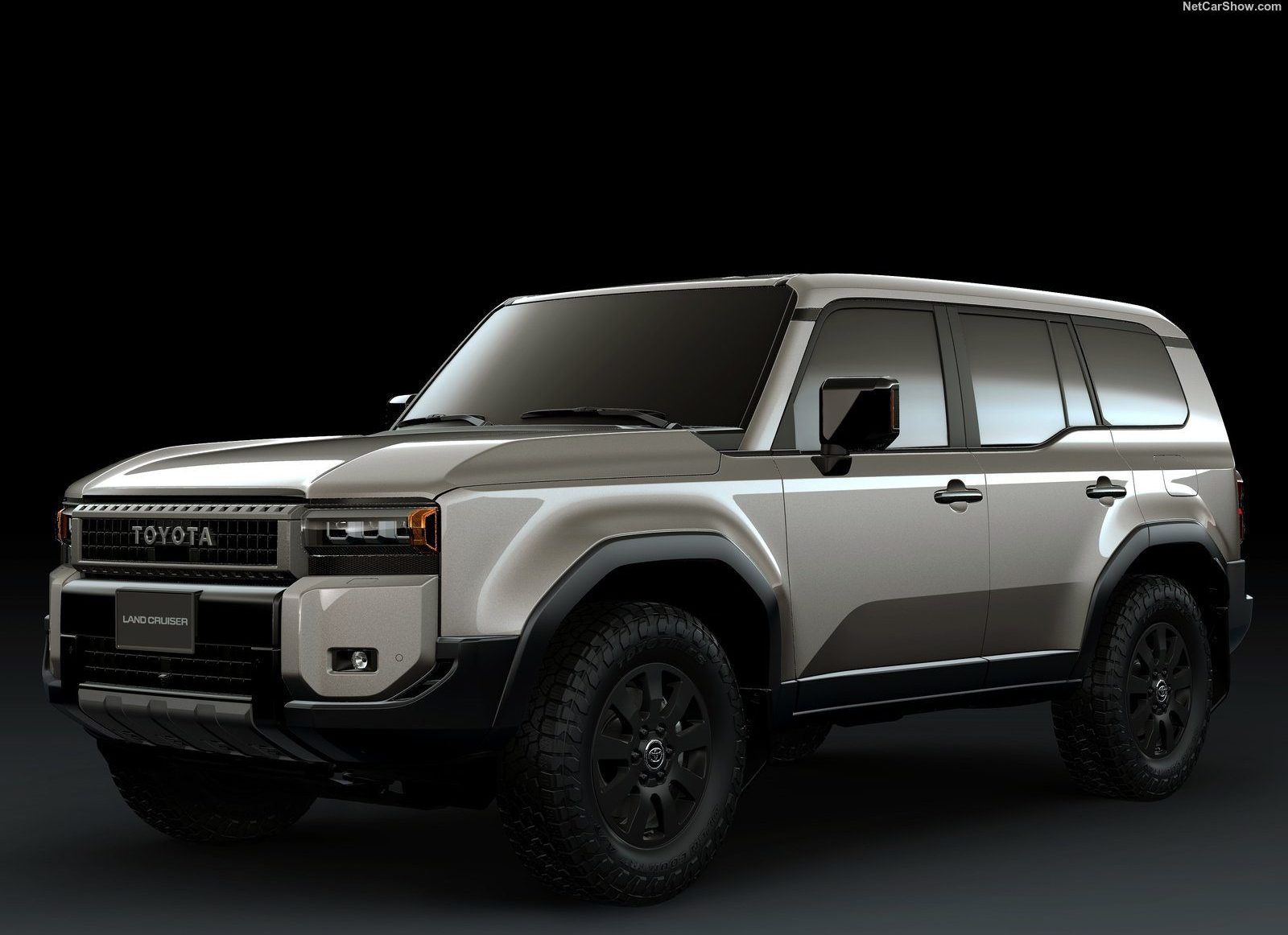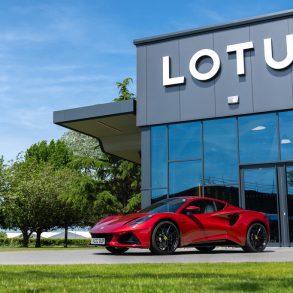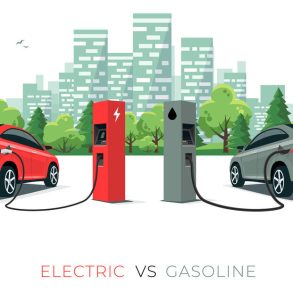Toyota Motor Corporation Sales Data, Trends & Analysis for the Chinese Automotive Market
Toyota Motor Corporation is a Japanese multinational automotive manufacturer headquartered in Toyota City, Aichi Prefecture, Japan. It is the world’s largest automaker by production, surpassing Volkswagen Group in 2021. Toyota produces vehicles under the Toyota, Lexus, Daihatsu, and Hino brands. Toyota is known for its reliable and fuel-efficient vehicles. The company is also a leader in hybrid vehicle technology. Toyota’s Prius was the first mass-produced hybrid vehicle, and the company has sold over 15 million hybrid vehicles worldwide.
Toyota is committed to sustainability and environmental protection. The company has set a goal of achieving carbon neutrality by 2050. Toyota is also investing heavily in electric vehicles. The company plans to launch 30 new electric vehicles by 2030. Toyota is a major employer in Japan and around the world. The company has over 360,000 employees worldwide. Toyota also has manufacturing facilities in over 30 countries. Toyota is a global leader in the automotive industry.
Toyota Motor Corporation China Sales Figures & Recent Highlights
Toyota Motor Corporation has been selling cars in China since 1982, when it established a joint venture with China National Automotive Corporation (CNAC). Toyota has since become one of the leading automakers in China, and its vehicles are popular among Chinese consumers. In recent years, Toyota has performed well in China. In 2022, the company sold over 1.9 million vehicles in China, making it the second-best-selling automaker in the country. Toyota’s other brand, Lexus, also sells vehicles in China. Lexus is a luxury car brand that has been selling vehicles in China since 2005.
Popular models like the Corolla and Camry have been localized for the Chinese market, and SUVs like the RAV4 and Highlander have also gained traction. Given the Chinese government’s push for electrification, Toyota has been focusing on offering hybrid models like the Corolla Hybrid and Levin Hybrid. The company is also planning to introduce fully electric models, recognizing the growing significance of the electric vehicle (EV) market in China. Toyota has also been working on localizing its product offerings, adapting vehicles to meet the tastes and preferences of Chinese consumers, who often prefer features like extra rear-seat legroom and unique design elements.
Lexus has been gradually making inroads into China’s competitive luxury car market, facing stiff competition from European luxury brands. The luxury brand has also introduced hybrid models to appeal to eco-conscious buyers in the luxury segment, although its presence in the EV sector has been limited so far. China’s rapid move toward electric vehicles could pose challenges for Toyota, which has been somewhat slow in fully embracing electric mobility. The Chinese automotive market is saturated with both well-established international brands and emerging local brands, especially in the electric vehicle segment.
Toyota has been steadily building its brand and expanding its product offerings in China, a market crucial for almost every global automaker. The company’s focus on hybrid technology aligns with China’s emphasis on reducing emissions, but Toyota will need to accelerate its electric vehicle strategy to keep pace with market trends and government policies. Lexus faces its own set of challenges but is gradually gaining recognition as a premium brand.
Toyota Motor Corporation Annual Sales, Growth & Market Share in China
Below we have a table that shows total Toyota Motor Corporation sales volumes for the Chinese automotive market, broken out by year. This data captures all Toyota Motor Corporation sales for the entire Chinese automotive market, including sub-brands.
| Year | Sales | YOY Change | Marketshare | Marketshare Change |
|---|---|---|---|---|
| 1991 | 22,838 | 0.00 | 100.00 | 0.00 |
| 1992 | 36,513 | 59.88 | 100.00 | 0.00 |
| 1993 | 24,466 | -32.99 | 100.00 | 0.00 |
| 1994 | 10,390 | -57.53 | 100.00 | 0.00 |
| 1995 | 5,656 | -45.56 | 100.00 | 0.00 |
| 1996 | 6,069 | 7.30 | 4.60 | -2,075.50 |
| 1997 | 2,762 | -54.49 | 0.49 | -841.99 |
| 1998 | 194 | -92.98 | 0.03 | -1,362.74 |
| 1999 | 10,490 | 5,307.22 | 1.53 | 97.82 |
| 2000 | 48,876 | 365.93 | 6.53 | 76.53 |
| 2001 | 129,163 | 164.27 | 15.56 | 58.05 |
| 2002 | 141,119 | 9.26 | 12.50 | -24.50 |
| 2003 | 196,822 | 39.47 | 8.79 | -42.28 |
| 2004 | 179,442 | -8.83 | 7.13 | -23.21 |
| 2005 | 218,998 | 22.04 | 6.90 | -3.30 |
| 2006 | 326,191 | 48.95 | 8.08 | 14.53 |
| 2007 | 515,254 | 57.96 | 10.18 | 20.67 |
| 2008 | 587,959 | 14.11 | 11.20 | 9.08 |
| 2009 | 615,577 | 4.70 | 7.83 | -43.08 |
| 2010 | 703,781 | 14.33 | 6.82 | -14.68 |
| 2011 | 673,370 | -4.32 | 6.04 | -13.03 |
| 2012 | 647,309 | -3.87 | 5.44 | -10.92 |
| 2013 | 722,720 | 11.65 | 5.04 | -8.00 |
| 2014 | 913,900 | 26.45 | 5.64 | 10.65 |
| 2015 | 1,037,726 | 13.55 | 5.61 | -0.63 |
| 2016 | 1,140,299 | 9.88 | 5.19 | -7.98 |
| 2017 | 1,208,771 | 6.00 | 5.27 | 1.44 |
| 2018 | 1,393,302 | 15.27 | 6.30 | 16.40 |
| 2019 | 1,521,575 | 9.21 | 7.53 | 16.33 |
| 2020 | 1,628,952 | 7.06 | 8.72 | 13.63 |
| 2021 | 1,807,545 | 10.96 | 8.94 | 2.50 |
| 2022 | 1,563,599 | -13.50 | 7.56 | -18.27 |
Toyota Motor Corporation China Annual Sales Units & Growth Chart
Below is a visual representation of Toyota Motor Corporation’s Chinese sales units over time. We have both the Toyota Motor Corporation sales units and the growth in the Chinese market. Click on the items in the legend to see each series by itself.
Toyota Motor Corporation China Growth Rate & Market Share Chart
Below is the annual growth rate for the Toyota Motor Corporation in China, shown against the Toyota Motor Corporation’s marketshare changes in China. This gives you a good look into how the Toyota Motor Corporation has faired against the other brands in terms of absolute sales and effect on marketshare. Click on the items in the legend to see each series by itself.









